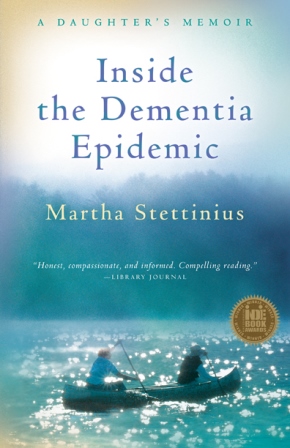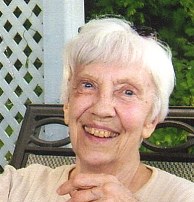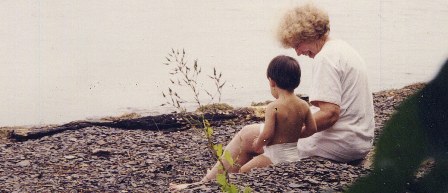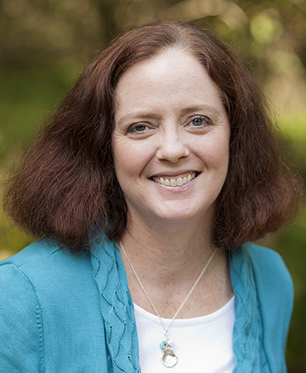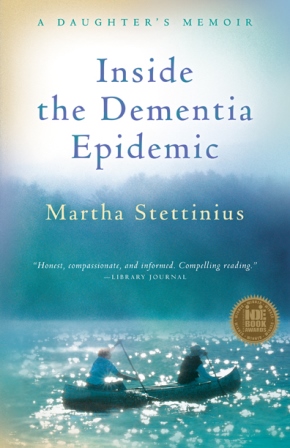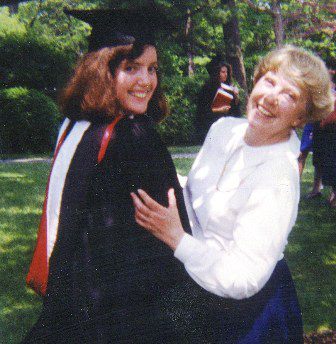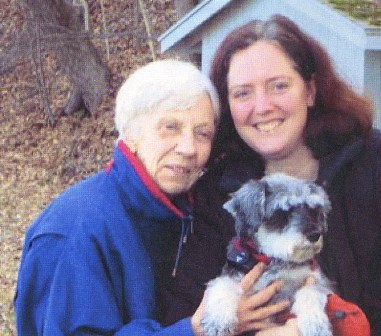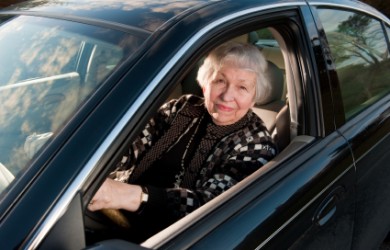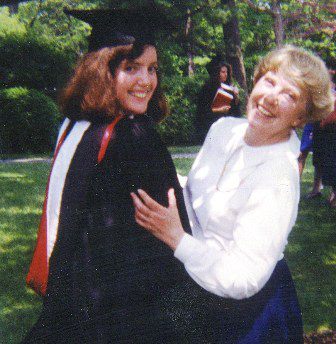When Dementia Changes Sexual Behavior: Review of Groundbreaking New Book for Caregivers
 Tuesday, May 27, 2014 at 04:43PM
Tuesday, May 27, 2014 at 04:43PM 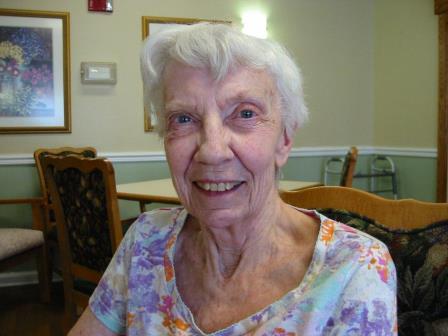 My mom, Judy, age 77 in her memory care facilityIs it important to understand and respect the sexual needs of people living with dementia?
My mom, Judy, age 77 in her memory care facilityIs it important to understand and respect the sexual needs of people living with dementia?
Dr. Douglas Wornell, author of the new book “Sexuality and Dementia”—the first comprehensive book of its kind—says “yes.” He addresses common challenges caregivers face when dementia affects intimacy or causes inappropriate behavior.
My mother, Judy, had vascular dementia from small strokes, and probable Alzheimer’s disease. One day she was found in her memory care assisted living facility in the room of a male resident, sitting down on the edge of his bed with her pants off and her Depends on. The man—a short, portly fellow I knew my mother had eyes for, a man we’ll call “Bill”—was standing in front of her with his pants and underwear off. The staff couldn’t tell what had occurred between Mom and Bill exactly, but the two were “redirected” to other activities, and I was asked to take my mother to the E.R. for an exam. Bill’s family, in turn, was required to hire private aides around the clock.
Many of us who care for a family member or friend with Alzheimer’s disease or another dementia are likely to encounter this kind of situation, or something similar. It can be challenging and upsetting, even if you believe, as I did, that your loved one with a cognitive impairment should be allowed to express their sexuality in safe ways.
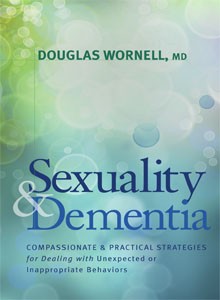 Fortunately, family caregivers and health care professionals can now refer to a slim but comprehensive new book, “Sexuality and Dementia: Compassionate and Practical Strategies for Dealing with Unexpected or Inappropriate Behaviors,” by Dr. Douglas Wornell (Demos Health, 200 pages).
Fortunately, family caregivers and health care professionals can now refer to a slim but comprehensive new book, “Sexuality and Dementia: Compassionate and Practical Strategies for Dealing with Unexpected or Inappropriate Behaviors,” by Dr. Douglas Wornell (Demos Health, 200 pages).
Read my review of this book, and more about my experiences with Mom, in my post this week for caregivers.com.
 Alzheimer's,
Alzheimer's,  assisted living,
assisted living,  caregiving,
caregiving,  dementia,
dementia,  memory care,
memory care,  sexual behavior in
sexual behavior in  Advocating for Your Loved One in a Facility,
Advocating for Your Loved One in a Facility,  Assisted Living,
Assisted Living,  Caregiving spouses,
Caregiving spouses,  Medications to treat Alzheimer's,
Medications to treat Alzheimer's,  Memory Care,
Memory Care,  Nursing Home Care,
Nursing Home Care,  Person-Centered Care,
Person-Centered Care,  Sexuality and dementia,
Sexuality and dementia,  Young-onset Alzheimer's
Young-onset Alzheimer's 




